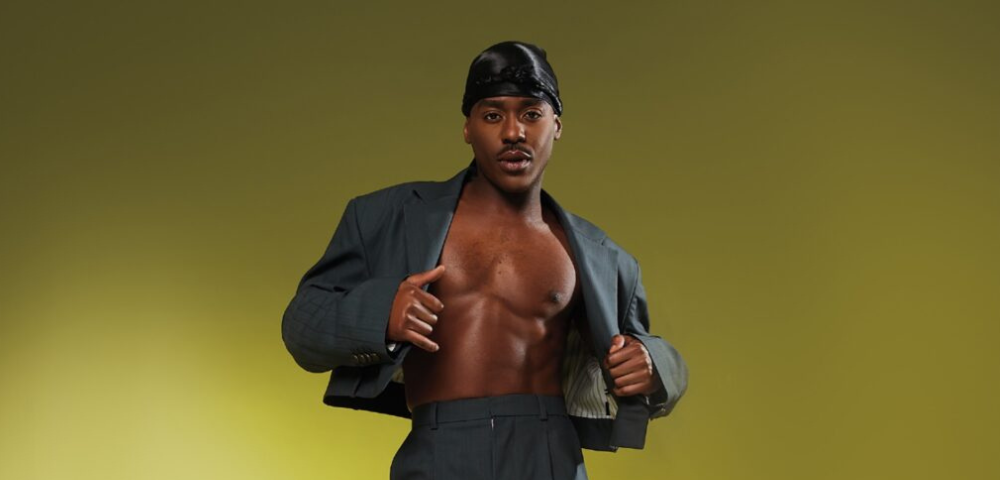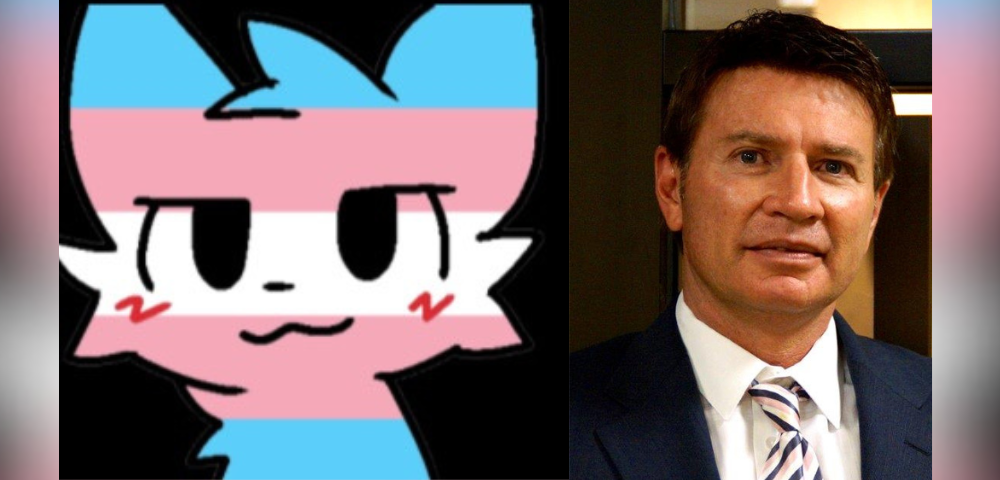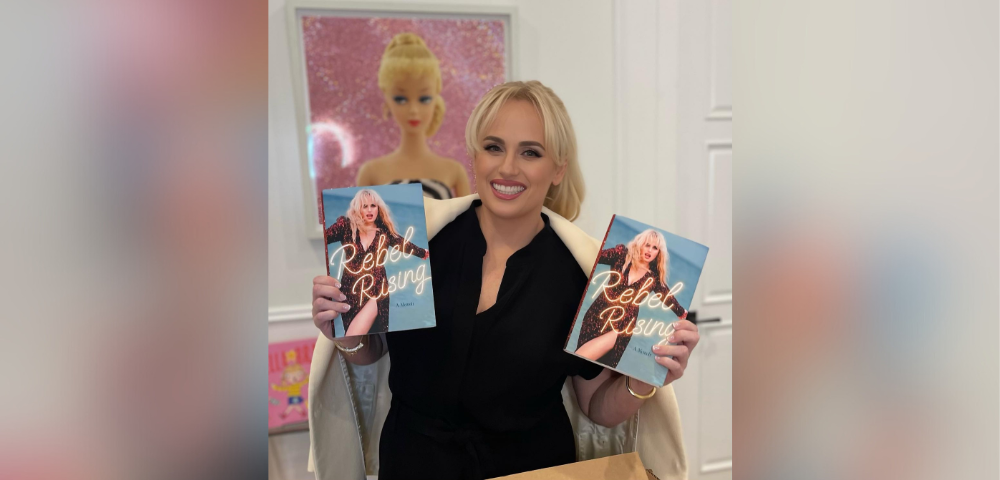
How will Coronavirus affect the LGBTQI community?

“Is it safe to have sex amidst this Coronavirus outbreak?” S* posted in an online LGBTQ+ wellness forum, earlier this week.
The global outbreak of Coronavirus (COVID-19) infections has not left LGBTQI+ communities unaffected. From those who use dating apps, to people living with HIV and elderly LGBTQ individuals, anxiety over the alarming spread of COVID-19 has led many to post queries in online social media groups or approach health organisations.
“I cancelled going to a party this weekend because of the fears (over COVID-19),” said AJ*, a Sydney-based researcher who works in the field of AI and its use in the early detection of diseases through social media.
“My current work has made me more aware of public health emergencies, or so I think. I don’t think I will hook up for a while now,” he added.
The World Health Organisation had, in January, declared the coronavirus outbreak a “public health emergency of international concern.”
There have now been over 95,000 confirmed cases of coronavirus and 3,300 reported deaths in around 80 countries and regions – the majority of the cases having been reported in mainland China. The Australian government has confirmed 52 cases of coronavirus, including two deaths in the country (as of March 5, 2020).
Thorne Harbour Health (THH) has been receiving queries from LGBTQI people worried about the virus.
“The community dialogue around COVID-19 has been rapidly increasing amongst all populations, and LGBTIQ communities are no exception. Specific concerns have been raised by people living with HIV and ageing communities where individuals may be living with compromised immune systems,” said Simon Ruth, Thorne Harbour Health CEO.
According to THH, the most effective method of prevention is that recommended by health agencies across the world in relation to outbreaks of flu.
“[Coronavirus] is transmitted through face-to-face contact or within households. The advice at this stage is wash your hands regularly (for at least 20 seconds) and cover your mouth and nose with your elbow when coughing or sneezing.
“Try to avoid touching your face as this may transfer organisms to your mouth, nose and eyes from surfaces you may have touched. If you are experiencing a fever and cough, stay at home and seek medical advice early,” said Ruth.
THH also cautioned against advisories becoming a tool for bias against LGBTQ persons of different ethnicities.
“At this stage, the only concerns raised have been regarding individuals who have recently been travelling internationally. The Victorian Government is recommending that people who have recently travelled to China, Iran, Cambodia, Hong Kong, Indonesia, Italy, Japan, Singapore, South Korea or Thailand and become unwell seek medical advice and be tested for coronavirus,” said Ruth.
“That being said, there is no evidence of community transmission in Victoria at this stage. We need to be careful not to let this advice become grounds for discrimination or xenophobia.”
THH, along with Living Positive Victoria and Positive Women Victoria, have released a joint statement for people living with HIV (PLHIV) to acknowledge that some PLHIV may be feeling particularly vulnerable to COVID-19.
“We’ve advised that PLHIV should be prepared to talk to their doctor about uptake of any vaccinations including the annual flu shot, when it becomes available. PLHIV should ensure they have a good supply of all of their medications at hand over the months ahead.
Anyone concerned they may have acquired COVID-19 should contact their doctor and let them know in advance of any appointment so they can prepare a space accordingly to receive you,” advised Ruth.
Please check the following sites regularly for updated information:









